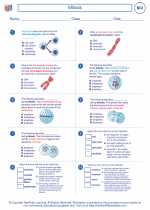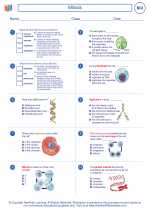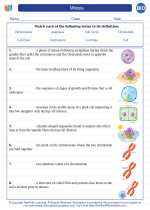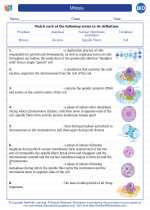Fluid Lubricants
Fluid lubricants are substances used to reduce friction and wear between moving surfaces. They are commonly used in various mechanical systems to ensure smooth and efficient operation. There are different types of fluid lubricants, including oils, greases, and synthetic lubricants.
Types of Fluid Lubricants
- Oils: Oils are liquid lubricants that are commonly used in engines, hydraulic systems, and industrial machinery. They can be derived from mineral sources (mineral oils) or synthesized from organic compounds (synthetic oils).
- Greases: Greases are semi-solid lubricants composed of a base oil and a thickening agent. They are used in applications where it is difficult to retain a liquid lubricant, such as in bearings and open gears.
- Synthetic Lubricants: Synthetic lubricants are chemically engineered lubricants that offer superior performance and stability compared to conventional mineral oils. They are used in high-temperature and extreme pressure applications.
Functions of Fluid Lubricants
Fluid lubricants serve several important functions in mechanical systems, including:
- Reducing friction between moving parts
- Minimizing wear and tear on components
- Facilitating heat dissipation
- Protecting against corrosion and oxidation
- Sealing out contaminants and debris
Factors Affecting Lubricant Performance
The performance of fluid lubricants is influenced by various factors, such as viscosity, temperature, pressure, and the operating environment. Understanding these factors is crucial for selecting the appropriate lubricant for a specific application.
Study Guide
To effectively study fluid lubricants, it is important to focus on the following key areas:
- Understanding the different types of fluid lubricants and their applications.
- Exploring the functions and properties of lubricants, including viscosity, thermal stability, and lubricity.
- Examining the factors that influence lubricant performance, such as temperature and pressure.
- Learning about proper lubricant selection and maintenance practices for various mechanical systems.
- Exploring real-world examples and case studies of lubricant use in different industries and applications.
By mastering these concepts, you will develop a solid understanding of fluid lubricants and their pivotal role in ensuring the smooth and efficient operation of mechanical systems.
.◂Biology Worksheets and Study Guides High School. Mitosis

 Worksheet/Answer key
Worksheet/Answer key
 Vocabulary/Answer key
Vocabulary/Answer key
 Vocabulary/Answer key
Vocabulary/Answer key
 Vocabulary/Answer key
Vocabulary/Answer key
